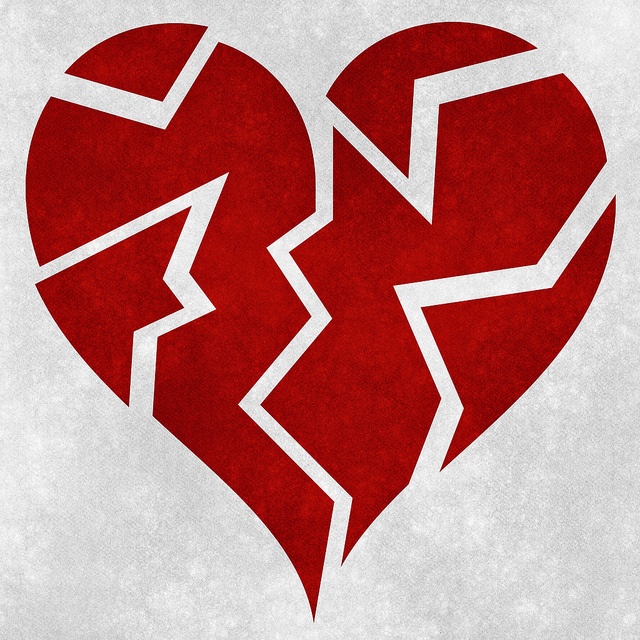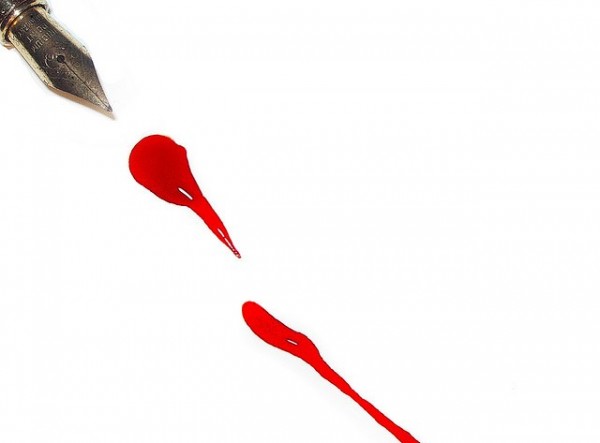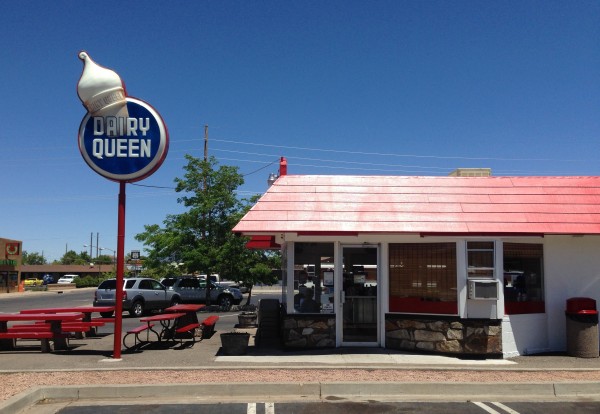For some of us, heartbreak comes like a summer thunderstorm. It pounces on us, hammers down heavy drops for a furious few minutes, and passes, leaving us stunned.
For some of us, heartbreak comes like heavy snow on a winter night. It coats everything in white and convinces us for a short while that all is beautiful and tranquil until the weight becomes too heavy for the limbs and lines, and there is breaking and collapsing and crashing.
For some of us, heartbreak comes like drought. We soak in the sun, and...
slowly...
slowly...
slowly...
...our lakes and rivers recede, our throats feel like sand, and we shrivel, and shrink, and crawl to a stop.
For me?
For me, heartbreak was like hurricane season. I came to expect it, anticipate it, brace for it. I lived in constant fear of it. Before I had even finished the repairing and remodeling from the previous season, the winds were upon me (again). The roof was ripped off (again), the basement took on water (again), and I began the work of recovery (again).
Year, after year, after year, after year.
After one too many storms, my home, my heart, lay strewn about in pieces amongst a haphazard scattering of cracked mementos, splintered trust, collapsed vows, and water-logged years.
If you've experienced heartbreak, you've experienced it in your own way, I'm sure. How long we stay in it, how we cope with it, how we recover from it all varies. Mine honestly feels like ages ago. Another life, almost. Somehow, my heart came back together. Here's how it happened, for me:
It was a lot of angry questions and, "God, why have you forsaken me?"
It was a white-knuckle grip on any strands of hope I could find.
It was listening to people who didn't know me well say, "You haven't done enough. Fight harder." It was listening to those who know me best say, "You have done enough."
It was knowing my friends were shedding tears when I had sworn to stop shedding them.
It was drowning in a flood of emails and text messages that said, "I will wade with you," "We believe in you," "We will hurt and heal with you," and "We love you dearly."
It was the extra few foot-pounds of pressure in the hugs people gave me.
It was putting my head down and throwing myself into work and grad school.
It was reaching out for help when I became paralyzed with indecision about work and grad school.
It was choosing to celebrate my friends as they got married and adopting their joy when I felt like I had none of my own.
It was a thousand other little celebrations, mine and others'.
It was sitting in a counselor's office and hearing him say, "Looks like the dreamer in you hasn't died after all these years."
It was lines from songs, like "Nothing is wasted..." and "A better life is waiting..." and "You've held your head up / you've fought the fight / you bear the scars / you've done your time..."
It was distracting myself with Facebook, Twitter, Instagram, Netflix, Feedly, and everything else bright and blinking.
It was turning everything off and listening to the sound of my heart coming back together.
It was giving up the security of relationship. It was agreeing to the possibility of being single forever, deciding to not settle out of fear of being alone, committing to live the fullest life possible.
It was experiencing God's goodness in it, through it, and because of it.
All that to say, it was some combination of incredibly hard work and overwhelming grace. Gritty determination and utter helplessness. Intentional steps and blind wandering. Daydreams and harsh reality. Company and solitude. Joy and grief.
It all worked together, we all worked together, to rebuild my heart.
We built it bigger this time. More square footage. On higher ground. Instead of reinforcing it with more concrete, instead of erecting walls and barbed-wire fences, we put in floor-to-ceiling windows. We built it to be open.
It took a community. It took everything, all I had, and it took all of you.
Thanks for that, friends.
From deep within my reconstructed heart, thank you.
***





